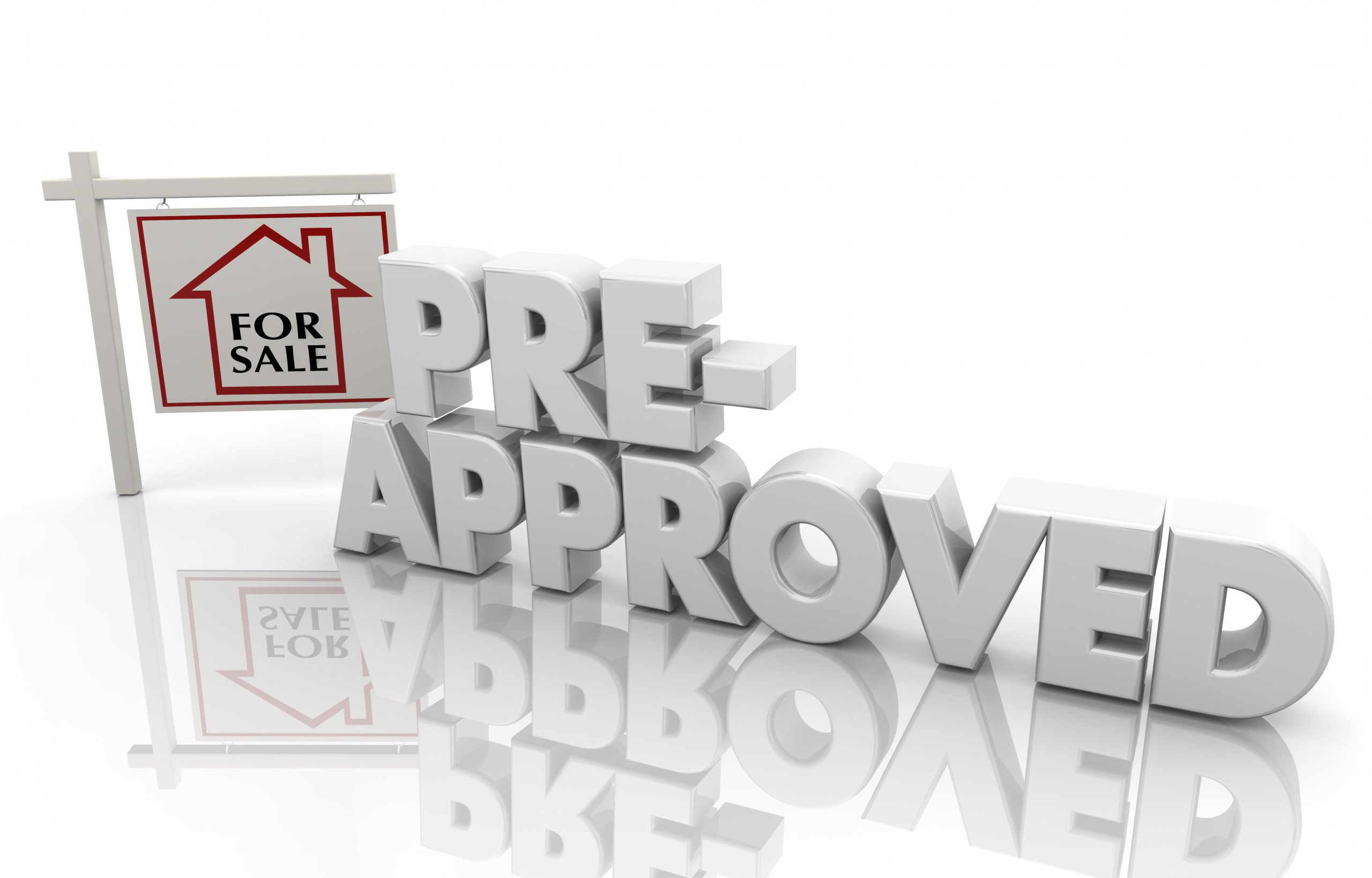Buying a home is one of the biggest financial decisions you’ll ever make—and while it’s…
Should You Pay Off Debt or Save for a Home First?
For many people, the dream of homeownership comes with a big question mark:
Should you pay off debt first, or start saving for a home?
At Rapid Home Loan, we help clients navigate this very question every day. The truth is, there’s no one-size-fits-all answer—but there is a smart strategy for your situation. Let’s break it down.
💳 Understanding the Debt Factor
Before you even look at homes, lenders will take a close look at your debt-to-income (DTI) ratio—a key factor in mortgage approval. If your monthly debt payments are high compared to your income, it could:
-
Lower your mortgage approval chances
-
Limit how much you can borrow
-
Result in higher interest rates
High-interest debt (like credit cards or personal loans) is especially problematic, as it eats into your savings potential and your borrowing power.
👉 Pro Tip from Rapid Home Loan:
Focus on reducing high-interest debt first. Even paying down a few accounts can dramatically improve your DTI and credit score.
🏦 The Case for Saving First
That said, saving for a down payment (and closing costs) is also essential. In many cases, you’ll need 3%–20% down, depending on the loan program. A larger down payment can:
-
Lower your monthly mortgage payment
-
Help you avoid private mortgage insurance (PMI)
-
Improve your loan terms
If your debt is manageable (especially if it’s low-interest debt like student loans or car payments), it might make sense to focus on building your home savings instead.
🔄 What If You Did Both?
In many cases, the best approach is a balanced plan:
-
Pay down debt strategically—especially credit cards
-
Set a monthly savings goal for your home fund
-
Avoid taking on new debt during this period
-
Use any windfalls (tax refunds, bonuses) to knock down balances or boost savings
At Rapid Home Loan, we can help you run the numbers and map out a plan that keeps your goals in reach without derailing your finances.
🧮 How Lenders See It
Here’s what most lenders want to see:
-
DTI below 43% (but the lower, the better)
-
Stable income and employment history
-
Decent credit score (typically 620+ for most loans)
-
Some cash reserves after your down payment
If you meet most of these requirements, you might not need to pay off all your debt before buying. The key is managing it wisely.
✅ So, Which Comes First?
Ask yourself these questions:
-
Are your monthly debt payments keeping you from saving?
-
Is your credit score being dragged down by high balances?
-
Do you have any collections or missed payments?
If you answered yes, tackle the debt first.
If not, it may be time to start house hunting—with a clear savings goal in place.
💬 Let Rapid Home Loan Help You Decide
Every financial situation is different. That’s why Rapid Home Loan offers personalized mortgage guidance to help you balance your debt and savings goals—so you can move into your dream home faster and smarter.
Schedule a free consultation today, and let’s find the best path forward—together.





